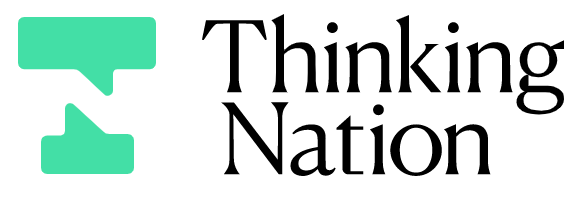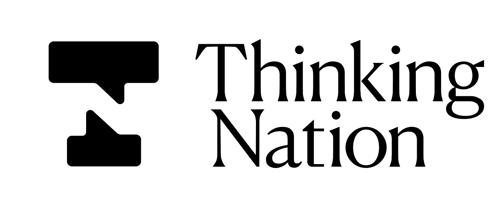Historical thinking is the ability to analyze and interpret the past by evaluating evidence, considering multiple perspectives, and understanding cause-and-effect relationships. It involves questioning sources, identifying bias, and recognizing how historical narratives are shaped over time. By examining primary and secondary sources, historians construct arguments based on evidence rather than assumptions. Historical thinking also requires contextualizing events, understanding how they fit within broader social, political, and economic trends. Comparing different viewpoints allows for a deeper appreciation of the complexity of history and prevents oversimplified conclusions. This skill helps individuals recognize patterns, learn from past mistakes, and apply historical lessons to contemporary issues. Ultimately, historical thinking fosters critical analysis, informed decision-making, and a deeper understanding of how past events shape the present and future, making it an essential skill for engaged citizens.

